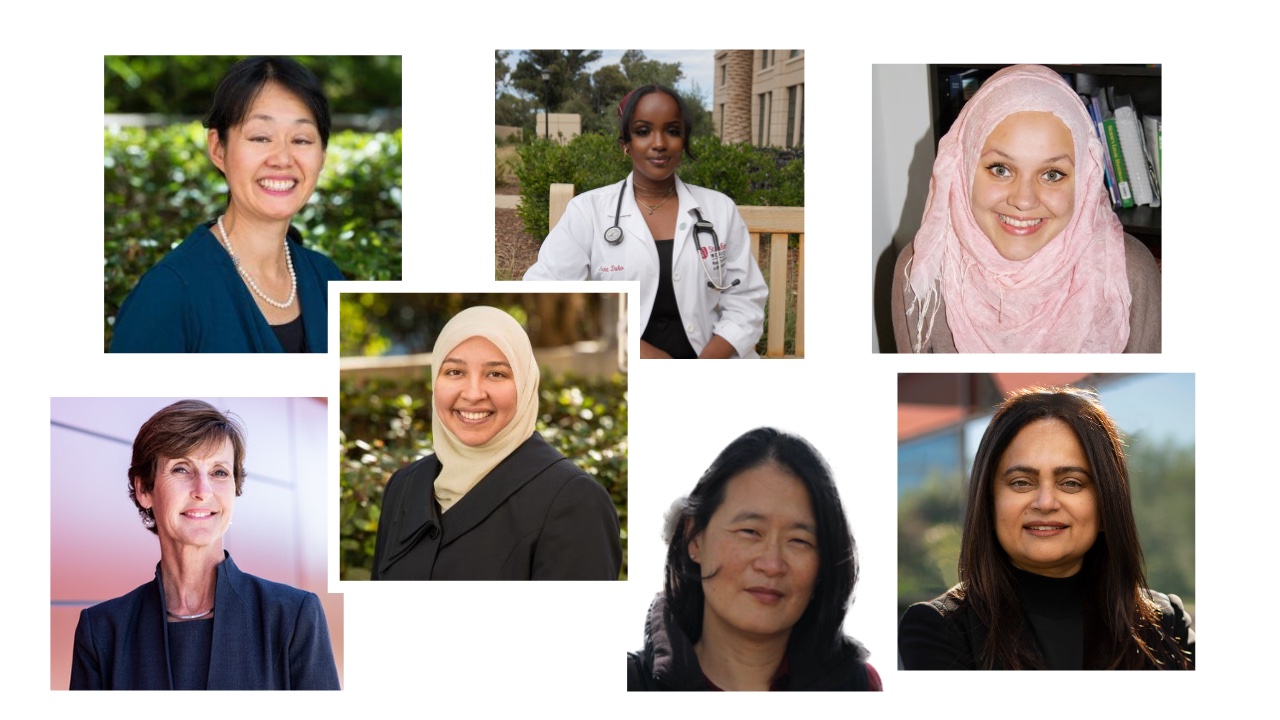
Implementation of a coaching training for enhancing empathy and emotional intelligence skills in health science students: a prospective study – BMC Medical Education
The results of this study show an improvement in the cognitive dimension of empathy in nursing students and the affective ...

A qualitative study of dental internships in Saudi Arabia: moving beyond perceptions to the reality of the practices of dental interns – BMC Medical Education
The current work marks the first qualitative research to apply a performative knowledge approach to the exploration of dental internships ...

Disseminating evidence in medical education: journal club as a virtual community of practice – BMC Medical Education
ContextThe COMSEP Journal Club started in its current format in 2011 as a monthly review of the medical education literature ...

The impact of the COVID-19 pandemic on enrollment in undergraduate health-related studies in Spain – BMC Medical Education
The present study investigated the impact of the COVID-19 pandemic on the choice of health-related undergraduate studies in Spain, and ...

Attitudes of health care professionals towards interprofessional teamwork in Ashanti Region, Ghana – BMC Medical Education
Study design and populationA cross-sectional pre-training survey using a modified Attitudes Toward Health Care Teams Scale (ATHCTS)[] was conducted among ...

Quantifying the Quality of Medical Education Studies: The MMERSQI Approach – BMC Medical Education
Open Access This article is licensed under a Creative Commons Attribution 4.0 International License, which permits use, sharing, adaptation, distribution ...

Mirror training device improves dental students’ performance on virtual simulation dental training system – BMC Medical Education
ParticipantsA total of 72 dental students in Nanjing Medical University were selected as study subjects, including 30 males and 42 ...

Overcoming the monster! Perceptions of physiotherapy students regarding the use of stroke master plots for building therapeutic relationships; a vignette study – BMC Medical Education
Demographics of the respondentsA total of 90 students (39 MSc year 1; 32 BSc year 1; and 19 BSc final ...

Using document phenomenology to investigate academic failure among year 1 undergraduate Malaysian medical students – BMC Medical Education
Figure illustrates the general model of academic failure. Themes and categories are described in this section.Theme 1: critical incidentsA critical ...

How do the post-graduation outcomes of students from gateway courses compare to those from standard entry medicine courses at the same medical schools? – BMC Medical Education
Griffin B, Hu W. The interaction of socio-economic status and gender in widening participation in medicine. Med Educ. 2015;49:103–13.Article Google ...

Interprofessional peer-assisted learning for pharmacy and physical therapy students using inhalers and inhalation devices – BMC Medical Education
Course context and curriculum deliveryAt our institution, there is a strong educational culture of interprofessional learning within the health sciences ...

Evaluation of the simulation based training quality assurance tool (SBT-QA10) as a measure of learners’ perceptions during the action phase of simulation – BMC Medical Education
OverviewThe study was approved by the local institutional review board (AU14E0935) and conducted as a single-center prospective single cohort questionnaire ...

Gender bias in academic medicine: a resumé study – BMC Medical Education
The first two years of recruitment to the academic internship track show a higher success rate for male candidates compared ...

A comparison of 3- and 4-option multiple-choice items for medical subspecialty in-training examinations – BMC Medical Education
Our findings are consistent with the literature that there were minimal changes in physician performance and psychometric properties when changing ...

Development and assessment of a curriculum model for virtual simulation in nursing: curriculum development and pilot-evaluation – BMC Medical Education
Topics for virtual simulation from literature reviewTopics in literature were retained after a relevancy screening and then categorized based on ...

Why might medical student empathy change throughout medical school? a systematic review and thematic synthesis of qualitative studies – BMC Medical Education
Study selectionOur search yielded 2523 publications. After duplicates were removed, we screened 1809 records. Of these, 1782 were excluded for ...

There’s no time for no stress! Exploring the relationship between pharmacy student stress and time use – BMC Medical Education
Sixteen students participated in the study across the three didactic years of the program: three PY1, two PY2, and 11 ...

Beliefs around the causes of inequities and intergroup attitudes among health professional students before and after a course related to Indigenous Peoples and colonialism – BMC Medical Education
Demographic characteristics of learner populationIn total, 335 first-year learners (M age = 23.6 years, SD = 4.44) responded to the pre- and post-survey (n = 76 in ...

Perception versus reality: analysis of time spent on bedside rounds in an academic ICU (Intensive Care Unit) – BMC Medical Education
Medical education has adapted over time to gradually incorporate informal teaching sessions, simulations, and mini lectures in addition to traditional ...

Supporting Arab American students, community at Stanford Medicine
When they were first-year medical students, Layla Aboukhater and Charbel Bou Khalil felt strongly that they wanted a place for ...

6 ways ChatGPT can help you succeed in medical school
Medical school can be a daunting journey for many aspiring physicians. As I look back now at the beginning of ...

Ratcheting down the hypercompetitive medical school application process
Premedical students are more stressed out and burned out than ever. It’s easy to see why: pre-med courses, medical school ...

The secret to success in medical school: self-awareness and courage
Self-awareness and courage. Out of all the information and knowledge you gain during medical school, from a personal development standpoint, ...

Equalizing the future of medical residencies: standardizing work hours and wages
In the United States, work hours are traditionally recorded on a weekly basis, and salaries are paid every two weeks ...

#ThisIsMyWhy: Advocacy
#ThisIsMyWhy is part of a larger series that explores what fuels and nurtures the people of Stanford Medicine. This series ...